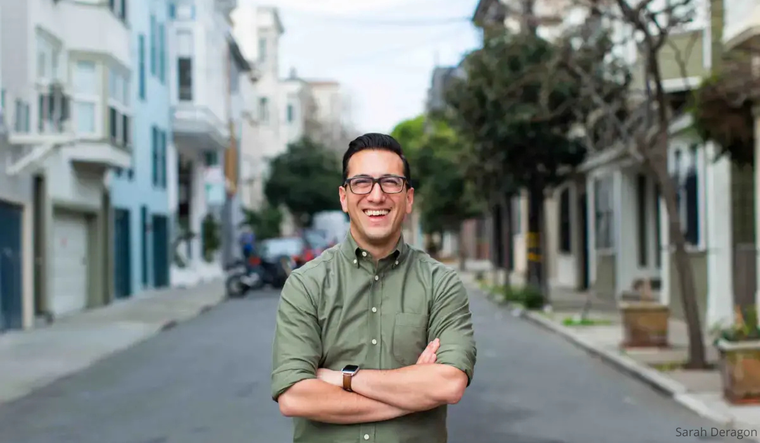News Above the Noise: Week of March 5, 2023

1. The “Sandwich Generation” Is Financially Taking Care Of Their Parents, Kids And Themselves
As life expectancy continues to increase and several young adults struggle with financial independence, many Americans are financially squeezed, sandwiched between caring for their children and their aging parents, as well as themselves. The “Sandwich Generation” spends an average of $10,000 and 1,350 hours on their parents and children combined each year. Learn more about this cohort and the factors contributing to this phenomenon on Forbes.

2. The Hidden Link Between Workaholism and Mental Health
Researchers today find that workaholism is a common addiction in response to distress. While long hours on the job can temporarily ease the symptoms of depression and anxiety, you’re better off leaving the office and facing your feelings head-on. Read about the potential dangers and solutions to workaholism on The Atlantic.

3. How Does The Brain Age Across The Lifespan?
While tracking measurements such as height and weight can be clear indicators of human physical development, less has been understood about the key milestones of an aging brain. To gain a deeper understanding, international researchers conducted multiple studies representing over 100,000 brains at all stages of life, from people aged 16 weeks old to 100 years old. See the striking milestones they discovered on The Washington Post.

4. U.S. Health Care Is Causing Patient Burnout
Surveys have found that Americans are unsatisfied with their medical system, as they pay a premium for the care they rate so poorly. U.S. patients are tired of waiting weeks or months for appointments that are over in minutes, high prices, surprise bills, and providers who treat them like electronic health record entries instead of people. In a new TIME article, you can read more about this patient burnout and the broader effects of the American medical system’s inefficiencies.

5. More Parents Are Moving In With Adult Children—at Younger Ages
According to the Pew Research Center, parents are moving in with their young adult children at a higher rate, and they are doing so while they are younger, healthier and often still working, rather than waiting for retirement or urgent healthcare needs. This “reverse-boomerang effect” is often driven by evolving perspectives on family life, skyrocketing housing costs, and difficulties in securing affordable child care. Find out more information about the rise in multigenerational households on The Wall Street Journal.
Editor's Note: Every week, The Sunday Paper's team of journalists sift through the news to find what Rises Above the Noise, makes sense of what's happening in the world, and provides hope for your week to come. While we do our best to provide our own informative summary of each piece, some publications require their own subscriptions beyond our control.
Please note that we may receive affiliate commissions from the sales of linked products.



